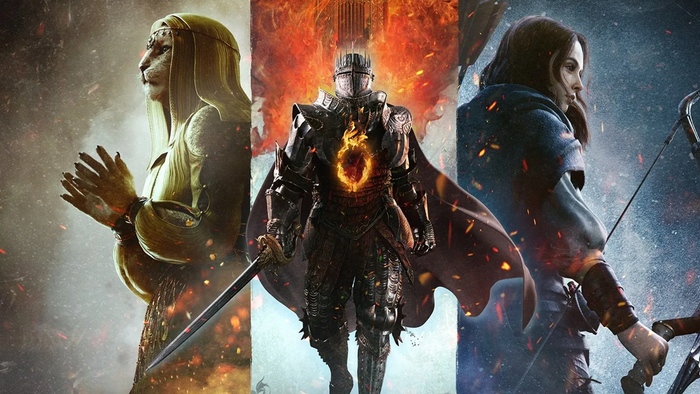The industry can make small, impactful games -- and nowhere is that more evident to Journey developer Robin Hunicke than on her latest project: Working with kids to make games.

"Things are fucking fantastic for us right now," Robin Hunicke enthuses about opportunities for creative, impactful game development. Addressing a room full of designers, academics and nonprofits at the 2013 Games for Change festival, she declared: "As a community every single person in this room has an opportunity to make a difference." Elegant games are high impact at low cost, designed to make a point with the most possible respect for the player's time and the development resources at hand. "The key isn't money or slick graphics, it's curiosity." The former Sims label designer and Journey co-creator's new company, Funomena, is investing about 20 percent of its time in collaboration with the National Science Foundation, researchers and 7th and 8th grade students to create a tile-based game designed to help them "hack their lives," in her words, to give them a sense of participation in the process and self-reflection and power in their world. "The researchers aren't convinced they have the answers to problems, they're curious about what's happening first. Every part of this process has been iterative," she describes. "It's probably the most rewarding thing I've ever done in my life, and the kids are so inspirational. As part of this dialogue, they feel like they're part of the design, that this game feels like part of their journey in life." Perhaps the process will yield a fun game that could be released as a public beta, but that's not the point, Hunicke argues. "The focus, for us, is making something that's fun first. And it's not really that expensive," she says. She's doing a lot of the artwork herself despite not specializing in art: "The kids don't care. They care about what they're doing each day, and how their steps count." "Making games is an incredibly difficult climb up an incredibly steep mountain," she says. "There is a ton of uncertainty and a lot of effort involved, so it's kind of crazy to make one to communicate a point. Applying commercial dev process to these types of games has been incredibly successful, because it's about a dialog of creativity among the people on the team, with the researchers and with the kids themselves" Hunicke expected giving back to her community through game design would make her feel good, but has also been pleasantly surprised by the way the project has helped shape and influence Funomena's design culture. A lot of the classroom work has been useful in Funomena's larger project, in collaboration with Keita Takahashi, who himself is also interested in childhood and play as applied to game design. "We really have been able to leverage a lot of the discussions we have on this tiny, not-for-profit game we were making on this commercial game we're making. This small, 20 percent time project is informing the 'big' commercial project," she says. "It's a little bit like we're trying to find the right place for the same messages we're seeing in this collaboration with the NSF. It's part of the ongoing conversation we have about our values as a company." "There really is no difference between a game for change and a commercial video game," she asserts. "Every game makes a change; with each statement we make as an industry, we change the world. With big games and small games, with violent and nonviolent gmaes, with collaborative and competitive games. Each game has a place in the discourse, and so do you."
About the Author(s)
You May Also Like









